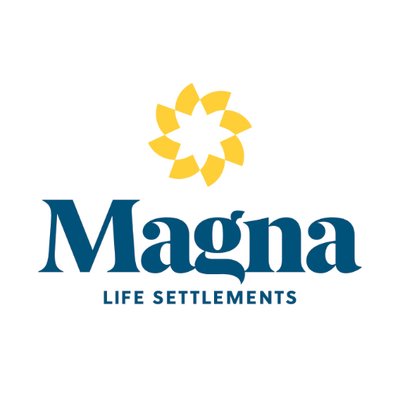Value of Money Out Versus Money In
For life insurance policy holders whose insurance needs have changed, a life settlement could be a profitable and wise option. But with studies showing that 90 percent of seniors who let insurance policies lapse were unaware of the life settlement option and would have considered it had they been informed, advisors must learn the basic principles of the life settlement market to maximize their clients’ opportunities.
At the heart of the settlement option for a life insurance policy is the evaluation of money out versus money in. In other words, is continuing to pay a premium and cashing in on a death benefit preferable to cashing out a policy now? How much money might you be losing by hanging on to a life insurance policy? The answer to those questions vary widely from case to case, but some steadfast principles can help advisors and clients alike assess whether they might look further into a life settlement:
Magna Life Settlements Overview
The cost of premium payments
When considering future premium payments, a policy holder might discover that rising premiums and shrinking policy value equals an exit door for the policy. In many cases, as an individual gets older the cost of the insurance policy increases, and even if premium payments stay flat the actual cash value is going down. If premium payments are burdensome for a senior and the policy is losing value, a life settlement could be a timely option.
Opportunity costs
These costs include the price of a life settlement, the combined premium payments over the life of a policy and the time value (based on projected interest rates) of both the settlement cost and the premiums. Combining all of those numbers yields the opportunity costs for a client who abstains from a life settlement and helps that individual determine whether a settlement is beneficial. In some cases, the economic cost of foregoing a life settlement can even exceed the death benefit of the policy.
Finding the right window
Since the two key variables that govern the life settlement option are the health impairments of the insured and the cost structure of the policy, advising a senior on this option is never a one-size-fits-all proposition. Depending on the health of the policy holder and the valuation of a policy, a settlement might be advisable or not, and because those factors are subject to change quickly, the favorability can change as well. There are often windows of time during which a policy may be most profitably sold. But like any window of opportunity, it can close as easily as it opens. If the insured’s impairments recede or the cost of insurance rises, then the policy may no longer be valued as highly or hold value at all.
Because every senior’s situation is different, the best way to assess your life insurance options and find the optimal window for a possible settlement is to send in your policy to Magna Life Settlements often for valuation. The specialists at Magna stand ready to make the best recommendation for every client and walk them through the steps and potential benefits of a life settlement.
Read the original article by Magna Director of Origination Jim Purdy on LinkedIn.








